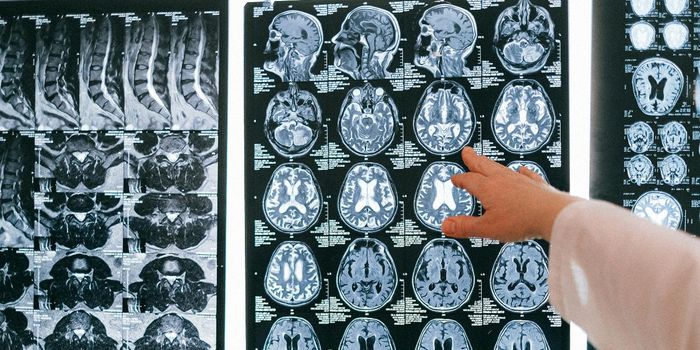Physical exercise can keep the body in shape, increase muscle strength and improve cardiovascular health. Can it even keep the brain healthy? Definitely.
Many studies have shown the benefit of exercise in patients with dementia and those recovering from strokes or other neurological conditions. An article from researchers at the University of Granada (UGR) has recently shown that, if size matters, physical exercise can even have a positive effect on brain structure.
Scientists at UGR looked at physical fitness in children and compared levels of aerobic capacity and motor skills to the volume of grey matter in the brain. They found a definite association between physical fitness in children and the size of some parts of the brain.
Aerobic ability was the primary focus of the study. The regions of the brain that showed greater volume in children who were physically fit were the premotor cortex and supplementary motor cortex, both of which are in the frontal area of the brain. This is an area that is crucial to executive function ability. Greater volume was also seen in subcortical regions such as the hippocampus and caudate nucleus and temporal areas including the parahippocampal gyrus and the calcarine cortex. Each of these parts of the brain is a crucial piece of learning, processing visual stimuli, and memory.
The research is part of an ongoing project at the university called ActiveBrains led by Dr. Francisco B. Ortega, a professor in the Sports Sciences department of UGR. In the ActiveBrains project, more than 100 obese/overweight children are participants in research to better understand physical fitness as it relates to academics and intellectual performances. Ortega explained the study, stating, "Our work aims at answering questions such as whether the brain of children with better physical fitness is different from that of children with worse physical fitness and if this affects their academic performance. The answer is short and forceful: yes, physical fitness in children is linked in a direct way to important brain structure differences, and such differences are reflected in the children's academic performance."
In the published study, the team noted that there was a definite correlation between motor ability in two regions of the brain that are key players in learning to read and processing language. The inferior frontal gyrus and the superior temporal gyrus are measurably larger in children who are fit and have excellent motor skills. While muscle strength was also considered in the study, it wasn't one of the factors that were associated with grey matter volume.
The authors concluded that the increased volume in these brain areas, which means more neurons and more synaptic connections, was directly tied to grades and academic achievements. In an article in The Telegraph, Ortega urged schools to include physical education every day, stating, "Since 100 percent of children go to schools, there is no other better opportunity, with equality between families with higher and lower socioeconomic status to promote physical activity than by including PE daily. The benefits of exercise for health have been accumulated from hundreds of scientific papers."
The study was published in the Journal NeuroImage. While physical exercise has many health benefits, this research, focusing on children, is significant because developing a habit of fitness starts in childhood. Knowing that it's good for the body and the brain should encourage parents and educators to keep kids moving. Check out the video below for even more reasons to make fitness a priority with children.
Sources: Journal NeuroImage, The University of Granada, via Science Daily, The Telegraph









